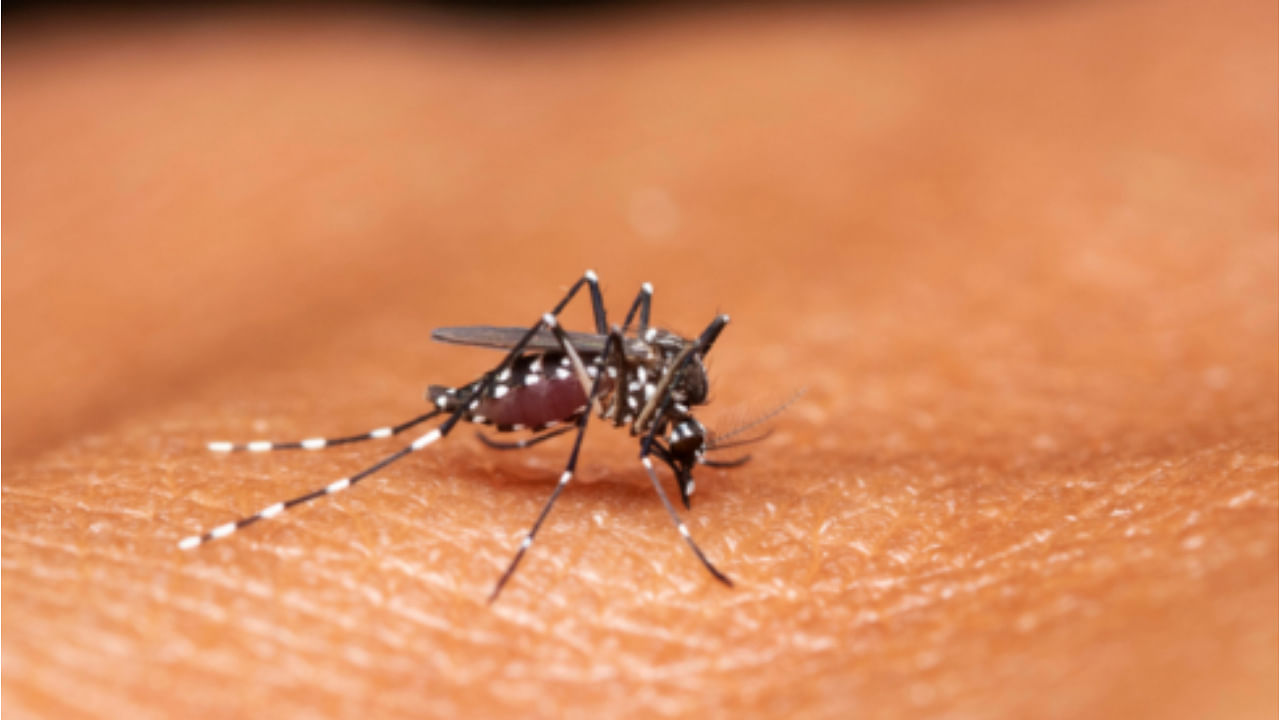
Dakshina Kannada district, once infamous for high incidences of malaria in Karnataka, has recorded a drastic decline in the number of vector-borne disease cases. Only 168 cases were reported in 2022.
District vector-borne disease control programme officer Dr Naveenchandra Kulal said despite the decline in cases, people should take precaution and get their blood tested.
No malaria deaths have been reported in the district in the past four years. The district reported 689 cases in 2021, 1,397 cases in 2020, 2,797 cases in 2019 and 3,741 cases in the year 2018. In January this year, two cases have been reported.
Dengue
Dengue cases are on a rising trend in the district. In 2022, a total of 389 cases were reported while it was 269 in 2021 and 239 in 2020. The weather in the district is favourable for mosquito breeding.
People should ensure there was no stagnant water in their surroundings, he said.
Booster dose
In-charge DHO Dr Rajesh said that only 16 per cent of the the targeted population have been administered with the booster dose of vaccine in DK district.
The district has 9,000 doses of Covaxin vaccine which will expire on January 31. There are 38,000 doses of Covishield vaccine
which will expire on February 9.
Vaccination camps are held in various places in addition to a vaccine mela on every Wednesday in the district, taluk hospitals, CHCs and PHCs in the district.
Not many people have come forward for the booster dose vaccine in the district, he said.
Among the 16 per cent who were administered with the booster dose are above 60 years old, frontline workers and healthcare workers, he said.
The department has given a few doses for private hospitals for administering it to their healthcare workers.